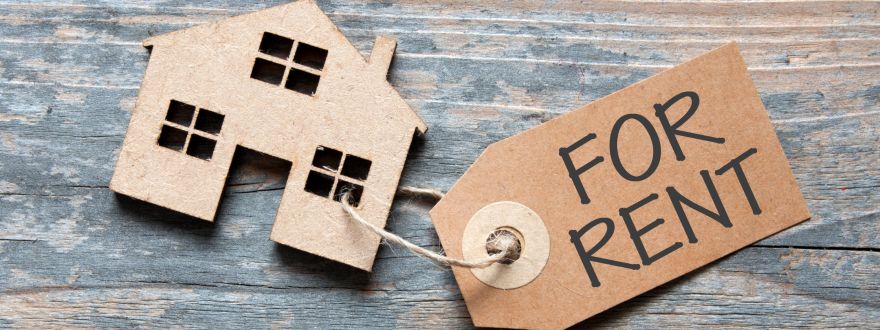
This real estate market is tough. So much so that you may have decided to throw in the towel and rent for a while to let the market cool down a bit. Well, if that's you, you may want to better protect your valuable property in the interim.
You may be speculative, but you share a building with plenty of individuals where fires, theft, and water harm are sometimes frequent. The items you own are valuable and you should shield them from a loss. Besides, renters insurance in most cases is extremely cheap.
What will Minnesota renter's insurance shield against? Several things like fireplace, lightening, riots, aircraft, vehicles, smoke, windstorms, vandalism, theft, falling objects, water harm, electrical harm and a number of other problems.
First, you must assess the value of your property, and once you decide the amount of coverage you need, we can tailor a package to fit your needs; options include:
- Personal Property coverage in case of fire, theft or damage.
- Liability coverage for risk of accident at your rental
- Other coverage options also available
As with many kinds of insurance, your premium can rely on your deductible and any extra coverage you decide to select.
To recognize the worth of your things, keep receipts. You should additionally keep an inventory of all the things you own, and use caution to not underestimate their price. You should possibly consider photographing or videotaping every space and storing the images in a fireproof box. Today, many folks file things digitally or at a safety lock box at the bank.
Personal Financial Ides to Help Battle the Current Inflation:
according to Forbes; Inflation has arrived, and it doesn’t appear to be going away anytime soon. Consumers are experiencing higher prices on food, gasoline, rent, and many other everyday goods and services. And it may be well worth considering making some common-sense changes to your personal financial planning approach, ranging from the way you finance your home to the way that you buy your food.
1.) Buy vs. Rent. In an inflationary period, the rent vs. buy decision generally favors buying over renting your home.
2.) Pay off as much debt as you can to lower your monthly liabilities.
3.) Auto loan rates are low, if you need ot purchase a car - plan to borrow the money.
4.) Improve your energy efficiency at home with energy saving bulbs, thermostats and appliances.
5.) Check your irrigation system, water sprinklers, spickets and hoses.
6.) Prepare for shortages and stock up on necessity items your family needs while they are on sale.
7.) Make smart purchases and buy long lasting, durable items vs. the lesser quality ones.
8.) Follow a Budget! Put together a budget and focus especially on the expense categories that inflation might affect in the future such as transportation, food, utilities, education, and healthcare. Think about ways to stretch your budget further, such as shopping at less expensive stores or bulk stores like Costco. Also, consider expenses that you can cut or reduce without affecting your quality of life.



